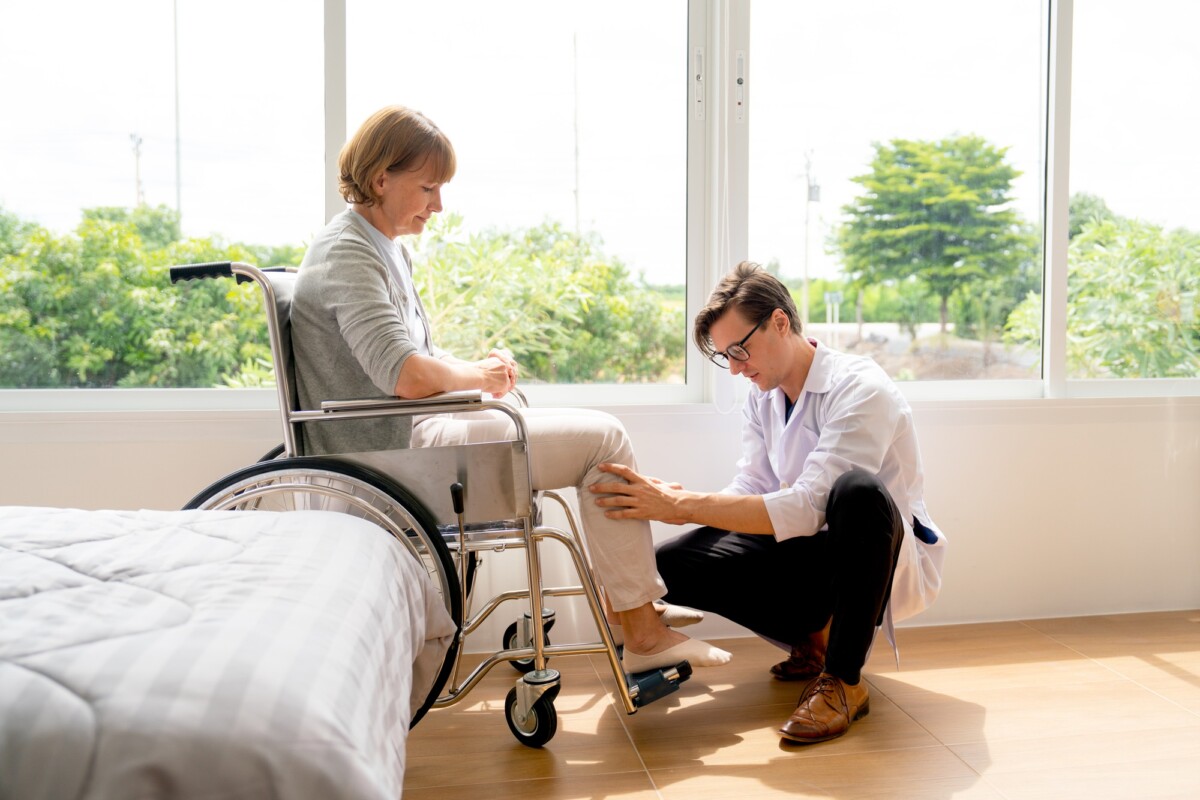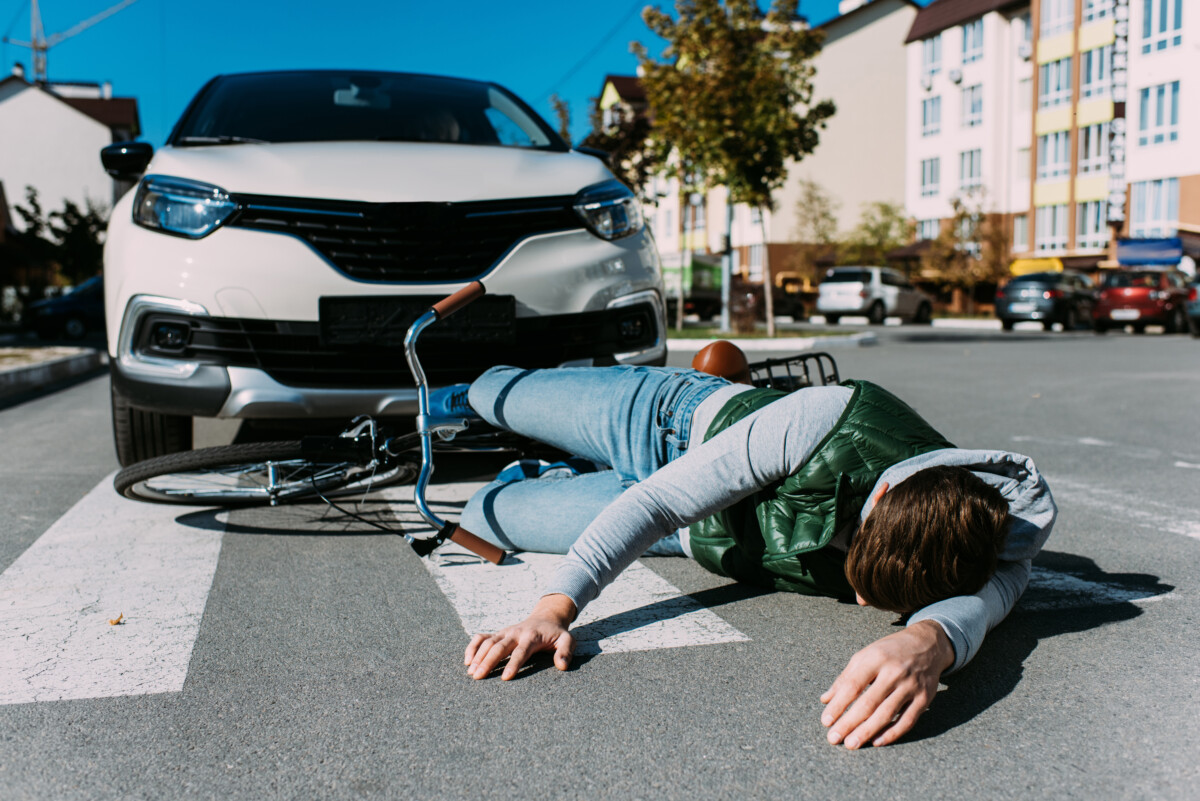Who Does Personal Injury Protection Cover? Drivers, Passengers & More

Personal Injury Protection (PIP) is an essential part of auto insurance that covers medical expenses and related costs after a car accident, regardless of fault. Knowing who does personal injury protection cover is crucial for drivers to ensure adequate protection. PIP can ease financial burdens and speed up recovery for those involved in accidents.
Understanding Personal Injury Protection (PIP)
Who Does Personal Injury Protection Cover?
PIP generally covers several parties:
- The Policyholder: The individual holding the insurance policy is covered for their medical expenses if injured in an accident.
- Passengers: Any passengers in the policyholder’s vehicle at the time of the accident are also covered.
- Family Members: Family members living with the policyholder are typically covered, even if not in the vehicle during the accident.
- Pedestrians: PIP can cover medical expenses for pedestrians injured by the policyholder.
The Importance of PIP Coverage
PIP is vital for financial security, as it covers medical bills and lost wages without needing to prove fault, providing peace of mind while driving. According to the Insurance Information Institute, 12 states require PIP coverage, and it can cover up to 80% of medical costs for accident victims.
Who is Covered Under PIP?
Personal Injury Protection (PIP) is an essential part of auto insurance that covers medical expenses and related costs after an accident, regardless of fault. Understanding who does personal injury protection cover is crucial for drivers to ensure adequate protection for themselves and their passengers. Here’s a breakdown of who is typically covered under PIP:
Immediate Family Members
- Spouse: Covered under your PIP policy for medical expenses if injured in an accident.
- Children: Dependent children are also covered, whether they are passengers or injured in an accident.
Passengers in Your Vehicle
- Friends and Relatives: Anyone in your vehicle at the time of the accident can claim PIP benefits, regardless of fault.
- Other Passengers: Passengers, even if unrelated, are typically covered under your PIP policy.
Pedestrians and Bicyclists
- Injured Pedestrians: They may be eligible for PIP benefits if struck by your vehicle.
- Bicyclists: Cyclists involved in an accident with your car can also access PIP coverage.
Importance of Understanding PIP Coverage
PIP can cover up to 80% of medical expenses, making it vital for accident victims. In states with mandatory PIP, nearly 60% of drivers rely on this insurance for managing medical costs.
PIP Coverage for Drivers
Personal Injury Protection (PIP) is an essential part of auto insurance that many drivers overlook. Knowing who does personal injury protection cover can help you make informed insurance decisions. PIP provides coverage for medical expenses and related costs from car accidents, regardless of fault, alleviating financial burdens from injuries sustained during incidents.
PIP coverage extends beyond just the driver to include various individuals involved in an accident. Here’s who is typically covered under PIP policies:
Immediate Family Members
- Spouse
- Children
- Other household members
PIP often covers immediate family members injured while riding in your vehicle, ensuring protection for families traveling together.
Passengers in Your Vehicle
- Friends
- Relatives
- Anyone riding with you
Passengers in your car at the time of an accident are generally covered under your PIP policy, helping with their medical expenses and lost wages.
Pedestrians and Bicyclists
- Individuals struck by your vehicle
- Bicyclists involved in an accident with your car
PIP can also cover pedestrians and bicyclists injured in accidents involving your vehicle, promoting safety for all parties involved. Understanding PIP coverage is crucial for drivers, as it eases financial strains from medical expenses and lost wages.
PIP Coverage for Passengers
Personal Injury Protection (PIP) is an essential part of auto insurance that covers medical expenses and related costs after an accident, regardless of fault. Knowing who does personal injury protection cover is crucial for drivers and passengers, ensuring everyone involved can access necessary medical care without significant out-of-pocket costs.
PIP is designed to protect both drivers and passengers in the vehicle during an accident. This coverage is vital, especially in serious incidents where medical bills can escalate quickly.
Who is Covered Under PIP?
- Passengers in the Insured Vehicle: Passengers in a PIP-insured car are covered for medical expenses, lost wages, and other costs, regardless of fault.
- Pedestrians and Bicyclists: Some states extend PIP coverage to pedestrians and bicyclists injured in accidents involving PIP-insured vehicles.
- Family Members: Many policies also cover family members injured in different vehicles or as pedestrians.
What Expenses Does PIP Cover?
PIP can help with:
- Medical Bills: Covers hospital stays, surgeries, and rehabilitation.
- Lost Wages: Replaces a portion of lost income due to injuries.
- Other Expenses: Includes costs for household services or childcare that you can no longer perform.
In summary, PIP coverage provides peace of mind for passengers, ensuring their medical expenses are covered and allowing them to focus on recovery.
PIP Coverage for Pedestrians and Bicyclists
Personal Injury Protection (PIP) is an essential part of auto insurance that covers medical expenses and related costs, regardless of fault in an accident. This coverage is particularly important for pedestrians and bicyclists, who are often vulnerable on the road. Understanding PIP can help these individuals navigate insurance claims after an accident, ensuring they receive necessary support during tough times.
PIP often includes coverage for both pedestrians and bicyclists, but specifics can vary by state and policy.
Who is Covered Under PIP?
- Pedestrians: PIP can cover medical expenses, lost wages, and other costs if a pedestrian is hit by a vehicle.
- Bicyclists: Cyclists injured in motor vehicle accidents can also benefit from PIP for medical bills and rehabilitation.
PIP provides immediate financial relief, which is crucial given the high number of pedestrian and cyclist fatalities—over 6,500 and nearly 1,000, respectively, in 2020.
Limitations of PIP Coverage
- State Variations: Not all states require PIP, and coverage extent varies.
- Policy Limits: Each policy has limits on payouts for medical expenses.
It’s vital for pedestrians and bicyclists to understand their coverage and consider additional insurance if necessary.
Limitations and Exclusions of PIP Coverage
Personal Injury Protection (PIP) is an essential part of auto insurance that covers medical expenses and related costs after an accident, regardless of fault. Understanding who does personal injury protection cover is vital for drivers to ensure adequate protection. However, PIP has limitations and exclusions that policyholders should know to avoid surprises when filing claims.
Who is Covered Under PIP?
- PIP covers the policyholder and passengers in the vehicle during the accident.
- It may also extend to family members living in the same household.
- Pedestrians injured by the insured vehicle may qualify for benefits.
However, not all passengers are covered, especially if they are not family members or do not live in the same household.
Exclusions to Keep in Mind
- PIP does not cover injuries from driving without insurance.
- Benefits may be denied if the accident occurs while committing a crime.
- Injuries from illegal activities, like racing, are also excluded.
Limits on Coverage Amounts
- PIP policies usually cap medical expenses between $2,500 and $50,000.
- Coverage for lost wages is typically up to 80%, with a maximum limit per week.
Understanding these aspects is crucial for ensuring sufficient coverage after an accident.
The Importance of PIP in Personal Injury Claims
Personal Injury Protection (PIP) is an essential part of auto insurance that covers medical expenses and related costs after a car accident, regardless of fault. Knowing who does personal injury protection cover is vital for navigating personal injury claims. PIP helps victims recover from injuries and eases financial burdens post-accident.
Understanding Personal Injury Protection (PIP) Coverage
PIP provides immediate financial assistance to those involved in car accidents, covering various expenses so victims can focus on recovery.
Who Does Personal Injury Protection Cover?
- Policyholders: The individual holding the insurance policy.
- Passengers: Anyone in the insured vehicle during the accident.
- Pedestrians: Individuals hit by the insured vehicle.
- Family Members: Often, family members living in the same household can claim benefits.
PIP is beneficial as it covers medical expenses, lost wages, and rehabilitation costs, acting as a safety net for accident victims. It streamlines the claims process by allowing victims to receive benefits without proving fault, thus reducing litigation and overall costs associated with personal injury claims.
FAQs: Who Does Personal Injury Protection Cover
Q1: Who does personal injury protection insurance cover?
A: Personal Injury Protection (PIP) typically covers the policyholder, passengers in the insured vehicle, and sometimes pedestrians involved in the accident—regardless of who was at fault.
Q2: What does personal protection cover?
A: PIP covers medical expenses, lost wages, rehabilitation costs, and sometimes funeral expenses after an auto accident.
Q3: What is not covered under personal injury protection?
A: PIP usually does not cover vehicle damage, property loss, or injuries to other drivers in separate vehicles not listed on your policy.
Q4: What does PIP usually cover?
A: PIP commonly covers hospital bills, doctor visits, ongoing care, lost income, and essential services like home care if you’re injured and unable to function normally.
Final Thoughts
Knowing who does personal injury protection cover helps ensure you understand your auto insurance benefits. PIP is designed to provide fast coverage for medical and related costs after an accident, no matter who was at fault. Review your policy to confirm who’s protected and what’s included.
No fees, no pressure—just answers. Start at LegalCaseReview.com or dial 📞 (833) 279-1850.



